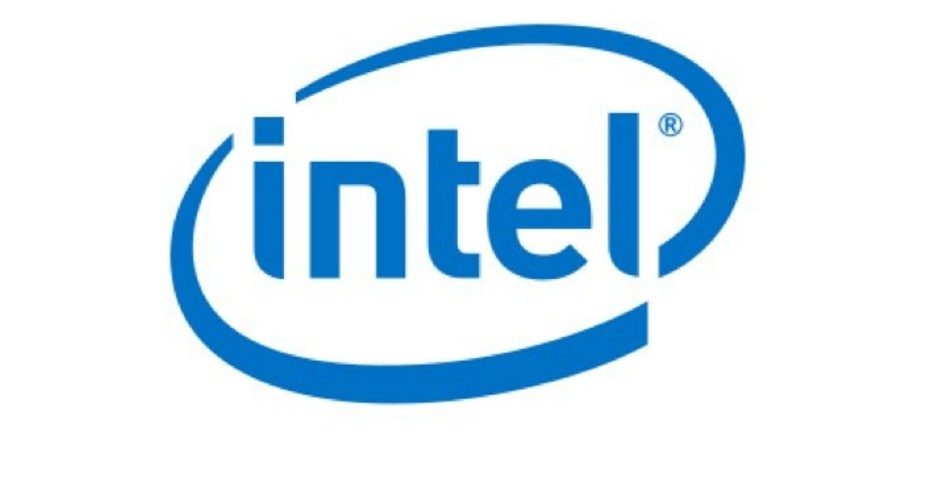
Brian Krzanich, head of Intel, probably didn’t know he was making the case for free trade, despite the fact that trade deficits happen, when he announced from the White House on Wednesday morning his company’s plans to build a new plant in Chandler, Arizona. In a microcosm, his announcement perfectly expressed just how free trade between nations and their citizens generally benefits everyone. Krzanich said his company was planning to build a $7 billion microchip plant in Chandler that would directly employ 3,000 people with “high-paying jobs,” and generate a total of 10,000 jobs when support services for those new jobs are factored in.
Krzanich said that most of Intel’s customers are overseas. Last year Intel’s gross revenues exceeded $10 billion, so, doing the math, it’s likely that Intel will sell $6 to 8 billion worth of chips to foreigners. That creates a trade “surplus” for the United States of between $6 and $8 billion. That will offset some of the trade “deficit” just announced by the Commerce Department the day before, of about $500 billion, an announcement that was met with much wringing of hands and gnashing of teeth by economists claiming that that deficit put the United States at some type of unfair disadvantage to the rest of the world.
However, in the real world, trade deficits are not necessarily bad. When someone buys an automobile or a t-shirt or a cellphone, the money they spend winds up as revenues for manufacturers located overseas. Then those manufacturers have excess American dollars that are now available for investment. Many of those dollars get cycled back to the United States, either by buying U.S. goods and services, or U.S. treasuries, or real estate or businesses, which then generate more products to sell overseas.
In 2016, Americans bought from foreign countries $171 billion worth of automobiles, engines and auto parts, $94 billion worth of clothing, $80 billion of crude and refined oil products, $73 billion of cellphones and other household goods, $58 billion of pharmaceutical drugs, with the balance made up of telecommunications equipment, toys, games, sporting goods, televisions, and video games.
In return foreigners — individuals, companies and governments — bought from the United States $65 billion worth of civilian aircraft and engines, $86 billion on travel to the United States, $78 billion on “intellectual property rights” (mostly leases or patents that foreign companies pay to American companies), $70 billion on financial services, with the rest made up of soybeans, chemicals, and newsprint.
The difference is $502 billion. Americans spent $502 billion more abroad than foreigners bought from us. Is that a problem?
Not for companies such as Intel. Its highly regarded technology, in the form of microchips that outperform its competitors, is in great demand worldwide. Foreign companies will use some of those American dollars that Americans spent to buy them. Intel, for its part, will invest billions in new plants and in hiring new people, paying them good salaries, in order to supply that foreign demand. Intel certainly hopes that foreigners will continue to buy them in massive quantities so that it can continue to expand, build, and hire, and so forth.
As Dan Griswold, writing for Cato, put it: No one would do business with anyone else unless both were better off afterwards:
Nations do not trade with each other: people do. America’s trade deficit with the rest of the world is only the sum of the individual choices made by American citizens. Those choices, to buy an import or to sell an export, only take place if both parties to the transaction believe it will make them better off.
In this way, the “balance of trade,” is always positive.
However, Griswold is likely putting too kind a face on trade deficits, per se, for while free trade seems universally beneficial, the use of fiat money — money not backed by a valuable asset such as gold — in the process of trading could lead to hyperinflation in a country, causing widespread devastation. Whether one calls that a trade problem or a currency problem, it is still a problem inherent in trade, maybe especially for the United States. See the article “So I’m Told Trade Deficits Are Good.”
In general, though, if politicians made it even easier for companies here and abroad to do business, then everyone would be even better off, and concerns about trade “wars” and “tariffs” and “mercantilism” would fade back into the woodwork where they belong.
An Ivy League graduate and former investment advisor, Bob is a regular contributor to The New American magazine and blogs frequently at LightFromTheRight.com, primarily on economics and politics. He can be reached at [email protected].



